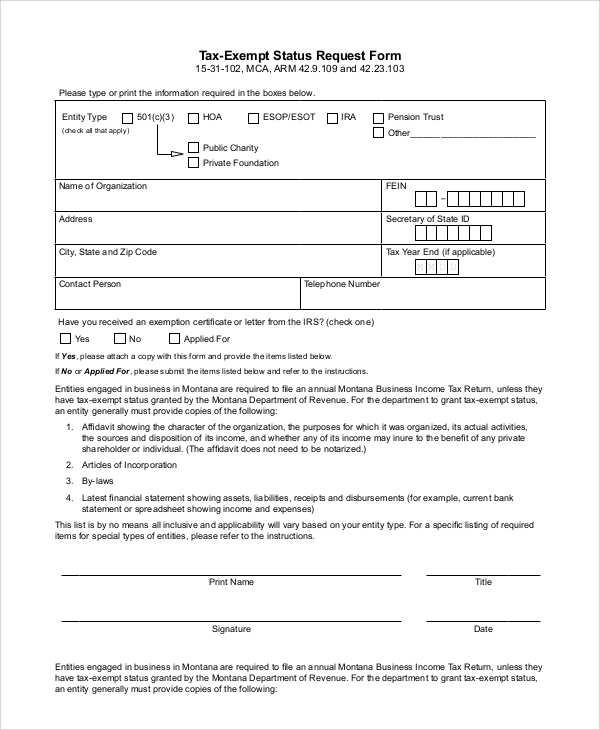
Following The Money Exempt
People often ask us how to protect their money or hide their money after losing a. In a typical situation, someone has been sued by a (such as a credit card company or collection agency), gotten a judgment against them, and now they are worried about the judgment creditor being able to take their money to pay off the judgment. They want to prevent or stop the judgment holder from getting anything. First, it’s important to understand how a is able to take money from you after winning a lawsuit. One of the first tools a judgment creditor uses to collect money from a judgment debtor (or someone that has lost a lawsuit) is called bank account garnishment. Almost all states have statues that enable a judgment creditor to serve a on a banking institution without giving prior notice to the debtor account owner. The law provides to discover where a debtor may maintain bank accounts.
These tools include inspection of the debtor’s tax records, financial records, and the debtor’s own testimony under oath. There also are services that search national banking records to discover a debtor’s banking history.
Summary of exceptions from requirement to file an annual exempt organization return (required by IRC 6033). They join the leaders on the previous year's money list/order. Fully exempt Web.com Tour cards for the following. Exempt from qualifying on the.
Because of these tools, hiding your money is never a good strategy when it comes to protecting your assets after a lawsuit. Upon its receipt of the garnishment writ the bank will freeze all the debtor’s bank accounts. The bank has a period of time provided by the statute to file with the applicable court a response stating what accounts the debtor owns, or shares ownership in, and how much money is in each account on the day the garnishment is served. Most states exempt money from particular sources from bank garnishments, and the garnishment statutes also give the debtor a chance to state a claim of exemption or other legal defenses to the garnishment. For example, money deposited from social security is exempt from garnishment, and many states exempt retirement plan proceeds held in bank accounts.
Bank garnishments often deprive judgment debtors’ access to a substantial amounts of their liquid assets without notice. Upon receipt of a garnishment writ most banks will freeze any and all accounts where the judgment debtor is owner or co-owner. Even if the debtor has possible defenses or exemptions all his accounts remain frozen while he asserts his defenses in court proceedings.
After bank garnishment a may find himself with no available money to pay living expenses or even pay his own attorneys. Many attorneys advise clients to protect their liquid money from possible bank garnishments by opening offshore bank accounts that are not subject to U.S. Van helsing 2 full movie.
Garnishment statutes and writs. Citizens no longer can open accounts in their individual name become of international anti-terrorism rules. Offshore accounts can only be established through newly formed asset protection entities such as or offshore limited liability companies set up through attorneys. These offshore arrangements have disadvantages. First, offshore entities and banking is complicated and expensive, and control over these entities and their bank accounts must be relinquished to offshore trustees and managers to be effective asset protection. Transfer of funds to offshore entities are subject to attack as fraudulent conveyances under the fraudulent transfer statutes and laws enacted in every state.